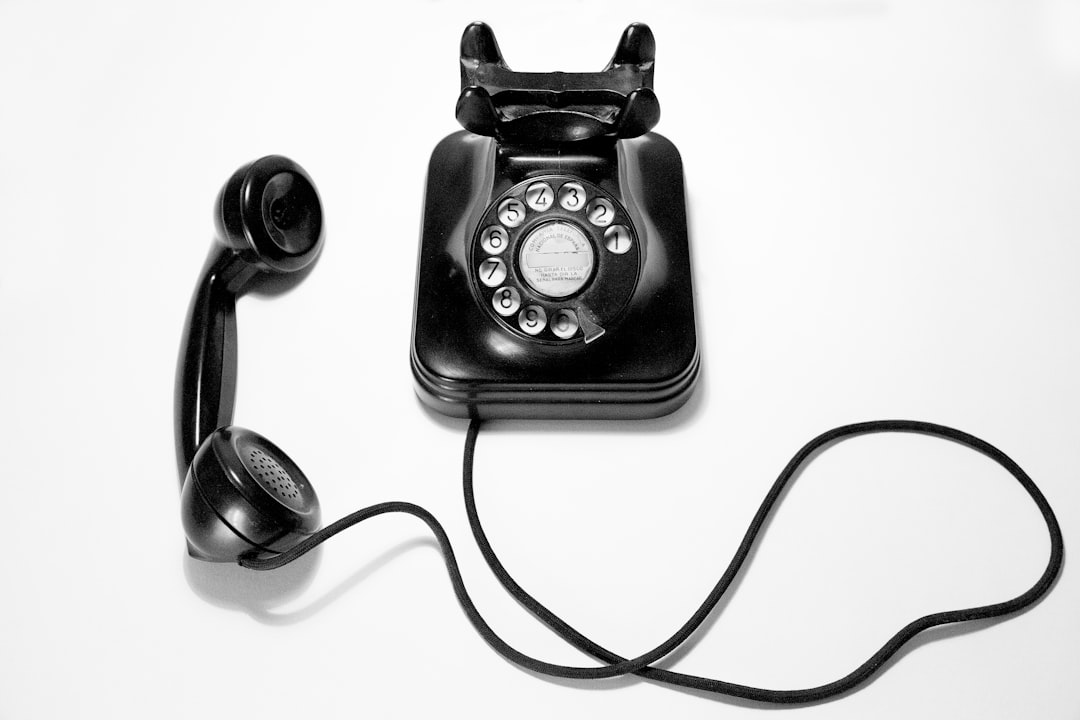Understanding Illinois Debt Collection Laws is crucial for creditors and collectors, ensuring fair practices while protecting consumers from abusive tactics. These laws include the Fair Debt Collection Practices Act (FDCPA) and the Illinois Collection Agency Act (ICAA), regulating communication, disclosure, and permissible actions. A debt collector lawyer in Illinois ensures compliance, guides ethical standards, maintains transparent interactions with debtors, educates about rights, and assists in accurate record-keeping. Both creditors and collectors must adhere to legal timelines and notice requirements, with debtors enjoying specific protections against abusive practices. Engaging a qualified debt collector lawyer in Illinois is vital for navigating these complex regulations.
In Illinois, understanding the complex web of debt collection laws is crucial for both creditors and collectors. This comprehensive guide aims to equip creditors with knowledge about their rights while informing debt collectors about their responsibilities under state law. From legal timelines and required notices to debtor protections, this article delves into the key aspects of debt collection practices in Illinois. For those seeking guidance or facing issues, consulting a debt collector lawyer in Illinois can provide tailored support.
Understanding Illinois Debt Collection Laws: A Creditor's Guide

Understanding Illinois Debt Collection Laws is crucial for creditors and collectors navigating this state’s legal landscape. As a creditor, knowing your rights and responsibilities under Illinois law ensures fair and lawful debt collection practices. Illinois has established a framework to protect consumers from abusive or unfair debt collection tactics, while also providing clear guidelines for legitimate collection efforts.
In Illinois, debt collectors must comply with the Fair Debt Collection Practices Act (FDCPA) and the Illinois Collection Agency Act (ICAA). These laws regulate various aspects of debt collection, including communication methods, disclosure requirements, and permissible actions. For instance, debt collectors are prohibited from using abusive or threatening language, making false statements about the debt, or engaging in harassment. Creditors should familiarize themselves with these laws to ensure their debt collection activities remain compliant, thereby fostering a positive relationship with debtors and avoiding potential legal repercussions involving a debt collector lawyer in Illinois.
Rights and Responsibilities of Debt Collectors in Illinois

In Illinois, debt collectors, often referred to as collection agencies, operate within a strict legal framework designed to protect both creditors and consumers. A debt collector lawyer in Illinois is well-versed in these laws, ensuring that collectors adhere to ethical and legal standards during their interactions with debtors. Creditors who employ or outsource collections activities must understand their rights and responsibilities to maintain compliance. They have the legal right to pursue non-payment but must do so fairly and transparently. This includes providing clear notices, verifying debt ownership, and respecting individual privacy.
Debt collectors in Illinois are obligated to inform debtors of their rights under the Fair Debt Collection Practices Act (FDCPA) and state laws. They must avoid abusive or deceptive practices such as threatening language, misrepresenting the law, or using harassment tactics. Collectors should maintain accurate records, obtain consent for certain actions, and allow debtors to dispute the debt. Engaging a debt collector lawyer in Illinois can help creditors navigate these regulations, ensuring they protect their interests while respecting the rights of those owing debts.
Legal Timeframes and Notices: What You Need to Know

In Illinois, both creditors and debt collectors must adhere to strict legal timelines and notice requirements when pursuing a debt. Understanding these rules is crucial for ensuring compliance and protecting your rights as a debtor or a creditor seeking to collect on a debt. For instance, debt collectors in Illinois are required to provide written notice within 10 days of the initial contact, detailing the amount owed, the name of the original creditor, and the presence of any disputes regarding the debt.
Additionally, there are specific timeframes for filing lawsuits related to debt collection. Creditors generally have four years from the date the cause of action accrued to file a lawsuit in Illinois. If a judgment is obtained, debt collectors must follow strict procedures when attempting to collect on the judgment, including providing proper notice and respecting certain time limits for enforcement actions. Consulting with a qualified debt collector lawyer in Illinois can help ensure that all legal requirements are met, protecting both parties involved in the debt collection process.
Protecting Your Rights as a Debtor in the State of Illinois

In the state of Illinois, debtors have specific rights protected by law when dealing with debt collectors. These rights are designed to ensure fair treatment and prevent abusive collection practices. Understanding your rights is crucial, especially when faced with relentless or unlawful attempts to collect a debt. One significant protection is the restriction on when and how often debt collectors can contact you. They must cease contacting you after you request it in writing, except for certain limited circumstances, such as during business hours on specific days.
Additionally, debt collectors in Illinois are prohibited from using abusive language, making false claims, or employing aggressive tactics to extract payments. They cannot threaten legal action unless they intend to follow through and provide proof of the debt. If a collector violates these rules, debtors can take legal action against them with the help of a debt collector lawyer in Illinois. This ensures that creditors and debtors alike are held accountable for their actions under the state’s stringent regulations.






